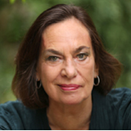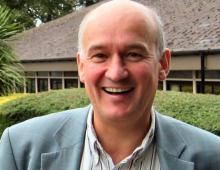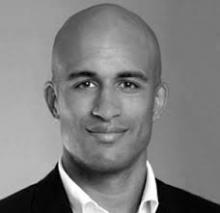Healing the masculine principle
Reflective statement about my input to the IFIS Online Colloquium
A) How did you experience our Colloquium, in general, and the way your presentation was handled there?
The colloquium was well prepared in close cooperation. So an inspiring agenda was created to achieve a good combination of information, reflexion, intuition and dialogue.
B) Did you have specific goals, concerns or objectives connected to your presentation, and how has the Colloquium helped you to achieve those?










